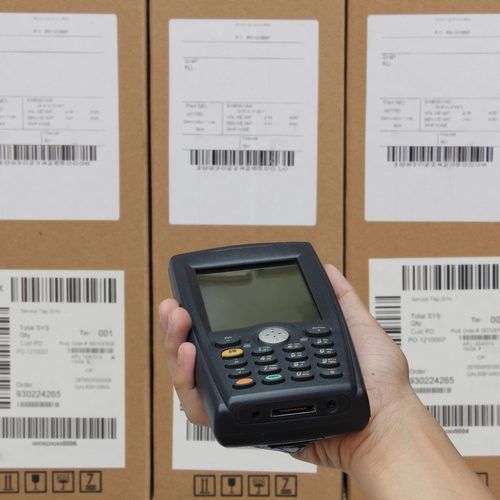April 03, 2014 | Industry Insights
Cyber Liability Risks for Transportation and Logistics Companies

Cyber Liability Risks for Transportation and Logistics Companies
Data breaches and privacy issues are at the forefront of our national discussion with high-profile cyber incidents making headline news, including the attack that hit retail giant Target this past holiday season, and concern over the potential increased risk of security breaches in the already often-targeted healthcare industry. No industry is immune to cyber crime, including the transportation and logistics sector.
In a recent report by PricewaterhouseCoopers, “Transportation & Logistics 2030, Volume 4: Securing the Supply Chain,” among the many areas covered is the concern around data privacy as technology has facilitated the sharing of information between transportation and logistics companies and their customers. For example, data is often shared via web-based applications, which are vulnerable to hackers. Additionally, advanced technology with tracking and tracing systems using barcodes or RFID tags as well as GPS systems enable logistics providers and their clients to retrieve background information of a shipment throughout every step in the supply chain and identify its location. This same information, however, according to the PwC report, can also attract cargo thieves who use the Internet to track shipments and book transportation with legitimate motor carriers. These thieves can also set up bogus trucking operations that arrange cargo pickups for legitimate shippers and providers.
As with all industry sectors, transportation and logistics companies need to increase their efforts and dedicate the appropriate investment for enhanced security measures and additional IT personnel to help secure one’s technology from cyber attacks and minimize the risks. Moreover, in today’s environment, it means establishing crisis management procedures that include appropriate response plans that go into effect immediately once a crisis occurs.
In addition to establishing tighter security data protocols, the procurement of cyber liability insurance is a critical for transportation and logistics providers. Should a breach occur, this coverage would respond and pay for forensic analysis of systems and data to determine the extent of the breach, legal defense costs, third-party losses and regulatory penalties. In addition, policies can be tailored to include crisis management services and business interruption, which is key for those in supply chain industry. Our staff at Roanoke Trade would be happy to discuss the different types of insurance policies available to address the cyber risks faced by transportation and logistics service providers. Please give us a call at 1.800.ROANOKE.
Source: PricewaterhouseCoopers














